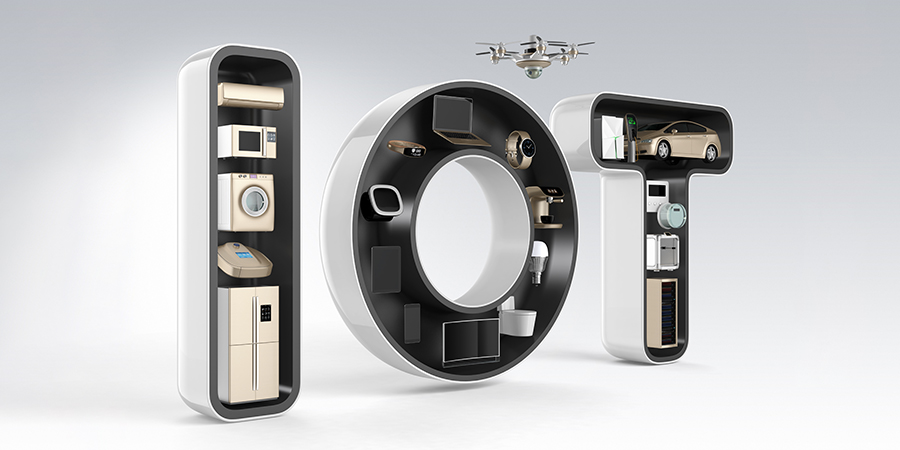The latest report from Juniper Research predicts that the global number of cellular Internet of Things (IoT) devices will increase by 90%, from 3.4 billion in 2024 to 6.5 billion by 2028. This growth will require new services to efficiently manage and secure IoT devices.
Intelligent Infrastructure Management Solutions
According to the research firm, using intelligent infrastructure management solutions will be crucial in handling the significant rise in cellular data. These solutions will allow IoT users to automate device configuration, security processes, and connectivity in real-time. Such services may include:
- Device Management Platforms: Robust platforms to remotely monitor, configure, and troubleshoot IoT devices, ensuring optimal performance and uptime.
- Security Solutions: Comprehensive security measures to protect IoT devices from cyber threats, including encryption, authentication, and intrusion detection systems.
- Connectivity Services: Reliable and scalable connectivity solutions to ensure seamless communication between IoT devices and backend systems, encompassing cellular, Wi-Fi, and LPWAN technologies.
- Data Analytics Platforms: Advanced analytics platforms to derive actionable insights from the vast amounts of data generated by IoT devices, enabling informed decision-making and predictive maintenance.
- Compliance and Regulation Services: Support services to navigate the complex regulatory landscape governing IoT deployments, ensuring compliance with data protection and privacy regulations.
- Integration Services: Seamless integration with existing IT infrastructure and enterprise systems to enable interoperability and data exchange between IoT devices and backend applications.
- Lifecycle Management Solutions: End-to-end lifecycle management solutions to streamline the deployment, provisioning, and decommissioning of IoT devices, optimizing resource utilization and minimizing downtime.
Data Storage
The report also forecasts that global cellular IoT data generated will reach 46 petabytes (PB) in 2028, up from 21 petabytes (PB) in 2024. This will lead to increased investment in IT automation services like federated learning.
Currently, most machine learning (ML) models are trained using data stored in a single location, making it easier for fraudulent players to exploit. Juniper Research suggests that telecom operators can adopt federated learning models to minimize the risk of data fraud over IoT networks.
As the number of cellular IoT connections grows, it is essential for platforms and operators to ensure data security during transmission and on devices. Failing to do so may discourage IoT users in industries with sensitive data from using cellular-based connectivity.





